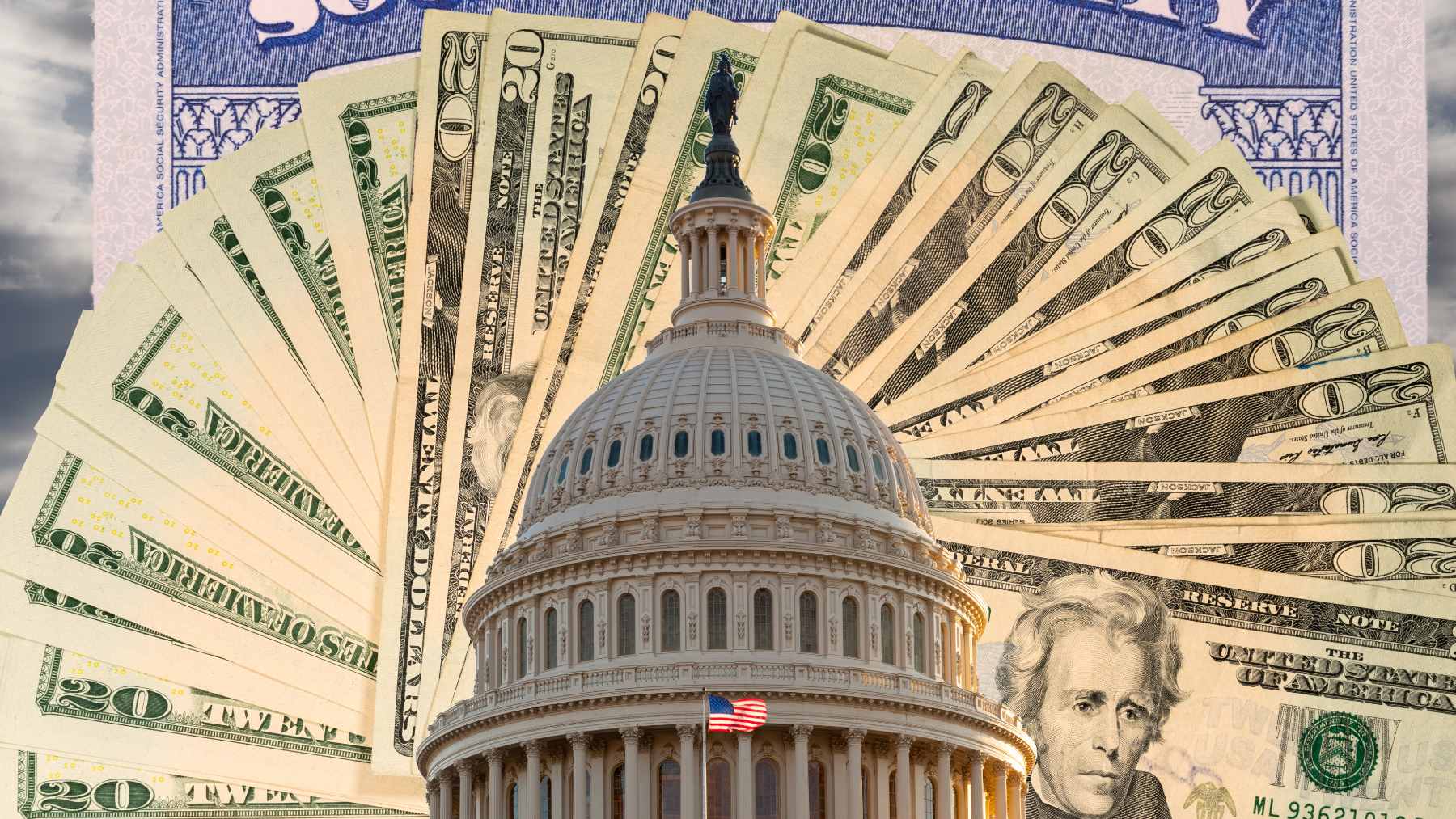Elon Musk has stepped down as head of the Department of Government Efficiency (DOGE) after a brief but contentious tenure, citing disagreements with President Donald Trump over a substantial federal spending bill.
A Clash Over Fiscal Policy
Musk’s resignation follows his opposition to a newly passed budget bill, which he criticized for exacerbating the national deficit. The bill includes:
- Permanent extensions of the 2017 tax cuts for individuals and corporations.
- Tax exemptions for car loan interest, overtime pay, and tips.
- An increase in the state and local tax deduction cap from $10,000 to $40,000.
- Creation of “MAGA Savings Accounts” for children.
- $150 billion additional funding for defense, including $25 billion for the “Golden Dome” missile defense system.
- $70 billion allocated for border security enhancements.
- Implementation of Medicaid work requirements and stricter eligibility checks.
- Elimination of federal subsidized student loans for undergraduates.
The Congressional Budget Office estimates that the bill will add approximately $3.8 trillion to the national debt over the next decade.
Musk’s Tenure at DOGE
Appointed in February 2025, Musk aimed to reduce federal spending by $2 trillion. However, actual savings amounted to about $19 billion—a mere 0.5% of total federal spending.
His aggressive cost-cutting measures led to agency closures and mass firings, drawing criticism and legal challenges from unions and states.
Political and Public Reactions
Musk’s departure has been met with both criticism and satire. Late-night hosts mocked his resignation and the controversies surrounding his tenure.
Despite stepping down, Musk remains a trusted advisor to President Trump. He has also announced plans to reduce his political spending, stating, “I think I’ve done enough.”
Refocusing on Business Ventures
Post-resignation, Musk is concentrating on his business enterprises:
- xAI: His AI startup is seeking $300 million in funding, valuing the company at $113 billion.
- Neuralink: The brain-implant venture has raised $600 million, reaching a $9 billion valuation.
- Tesla: Despite a slow start to the year, Tesla shares have rebounded, trading around $341.
Conclusion
Elon Musk’s resignation from DOGE underscores the challenges of implementing significant federal spending reforms. While his efforts to reduce government expenditure were met with limited success, his departure highlights the complexities of balancing fiscal responsibility with political realities.
